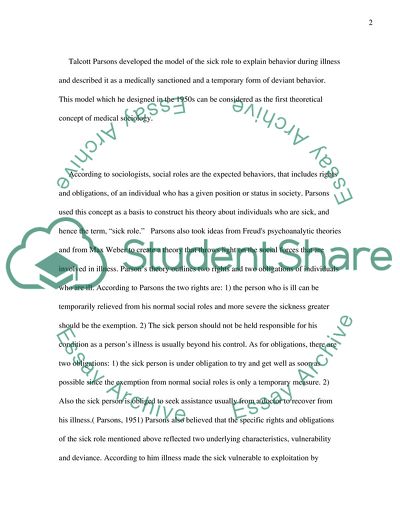Cite this document
(Sociological Explanations of Deviant Behavior Literature review Example | Topics and Well Written Essays - 1250 words, n.d.)
Sociological Explanations of Deviant Behavior Literature review Example | Topics and Well Written Essays - 1250 words. https://studentshare.org/sociology/1735227-deviant-behavior
Sociological Explanations of Deviant Behavior Literature review Example | Topics and Well Written Essays - 1250 words. https://studentshare.org/sociology/1735227-deviant-behavior
(Sociological Explanations of Deviant Behavior Literature Review Example | Topics and Well Written Essays - 1250 Words)
Sociological Explanations of Deviant Behavior Literature Review Example | Topics and Well Written Essays - 1250 Words. https://studentshare.org/sociology/1735227-deviant-behavior.
Sociological Explanations of Deviant Behavior Literature Review Example | Topics and Well Written Essays - 1250 Words. https://studentshare.org/sociology/1735227-deviant-behavior.
“Sociological Explanations of Deviant Behavior Literature Review Example | Topics and Well Written Essays - 1250 Words”. https://studentshare.org/sociology/1735227-deviant-behavior.


